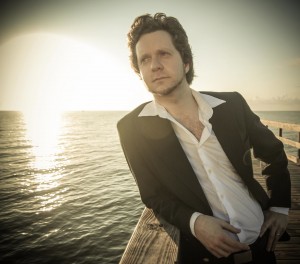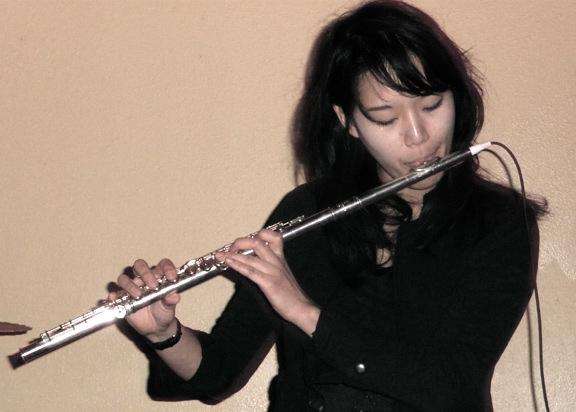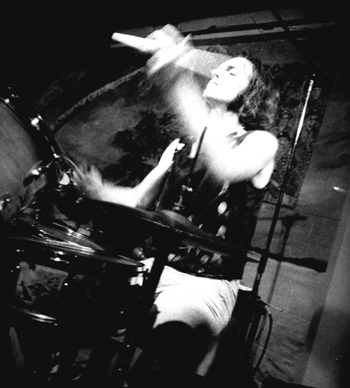For years now, long-time WPRB radio host Marvin Rosen has brought the world (though it’s in Princeton, New Jersey, it also streams live over the web) all manner of “Classical Discoveries” every Wednesday from 5:30 to 11 AM ET. But from 11 AM until 1 PM “Classical Discoveries” switched gears to become “Classical Discoveries Goes Avant-Garde“, serving up the newest — and often by radio standards, the “difficult” — works to an enthusiastic audience eager to hear what’s going on today in contemporary classical music. Often there were also interviews with established and up-and-coming composers and performers as well.
The broadcast landscape for such stuff is already so very tiny in the vast radio world of “safe” music, talk, news, sports, etc; unfortunately it’s about to shrink even more, as Marvin’s “Classical Discoveries Goes Avant-Garde” slot is being shut down by the WPRB powers-that-be in favor of other programming. Joe Barron over at the “Liberated Dissonance” blog has more on the story. Marvin is truly one of the most warm and selfless people I know, working so hard each week to bring his listeners this stuff — even when stylistically it might not be his personal cup of tea — simply because he really loves our living music of today in all its forms, and feels so strongly the need to share that enthusiasm with the wider world.
Marvin’s “Classical Discoveries” show will remain a WPRB Wednesday-morning fixture, but the last “Classical Discoveries Goes Avant-Garde” is this Wednesday, 11 AM until 1 PM. Tune in if you can, broadcast or online, and a huge round of applause to Marvin for what he was able to bring both the living composers and adventurous listeners these past five years.
[Update: the management of WPRB has responded with some further amplification, in the comments at the end of this post.]







